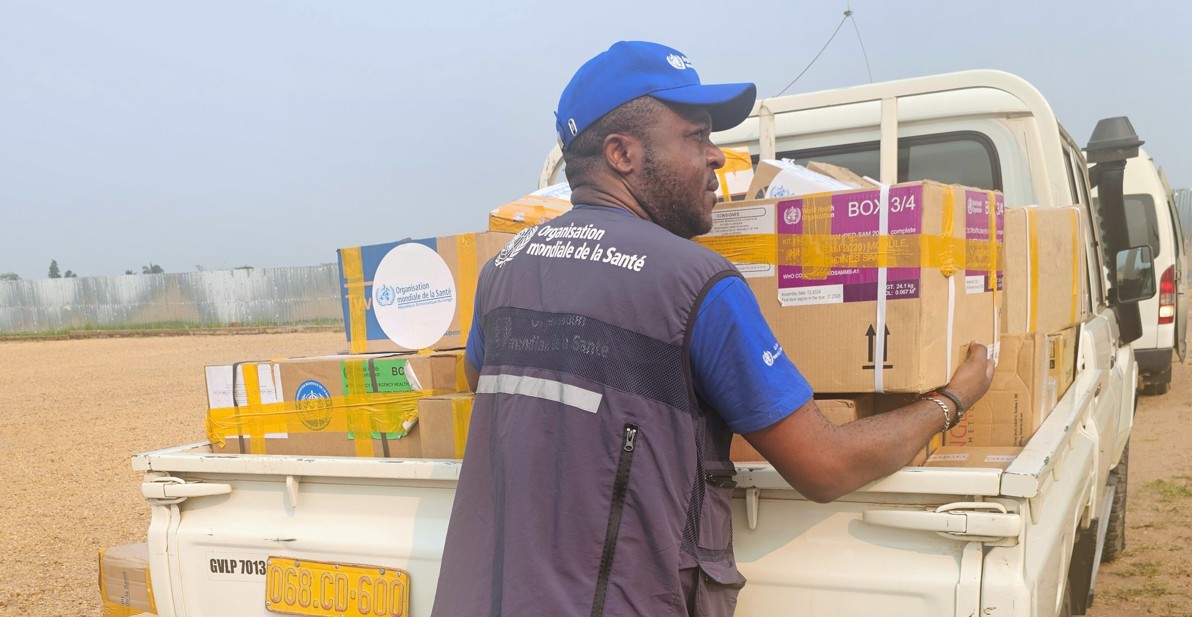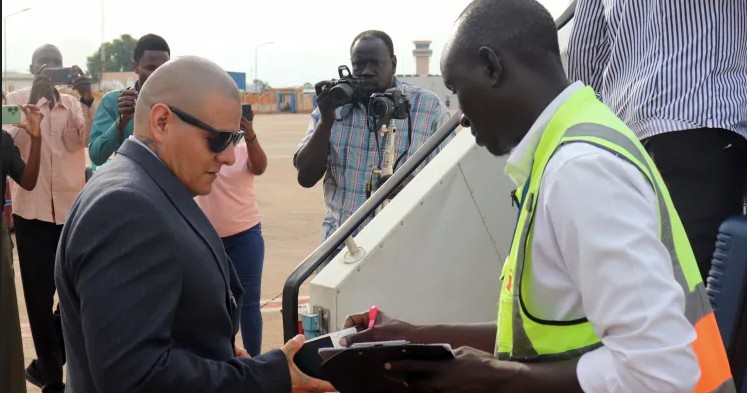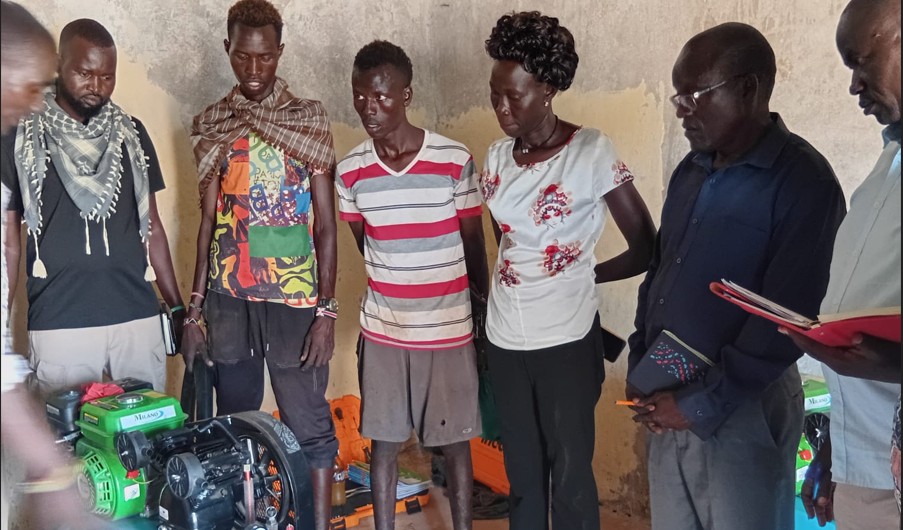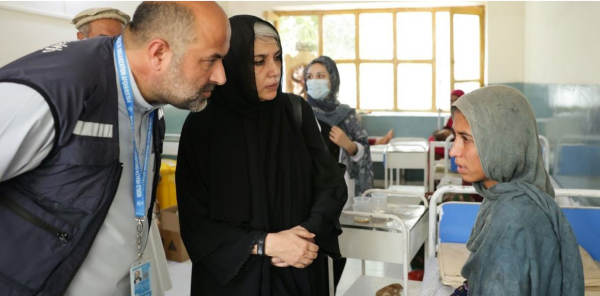Garissa County officials alleviate fears of desert locust infestation in Sankuri Ward
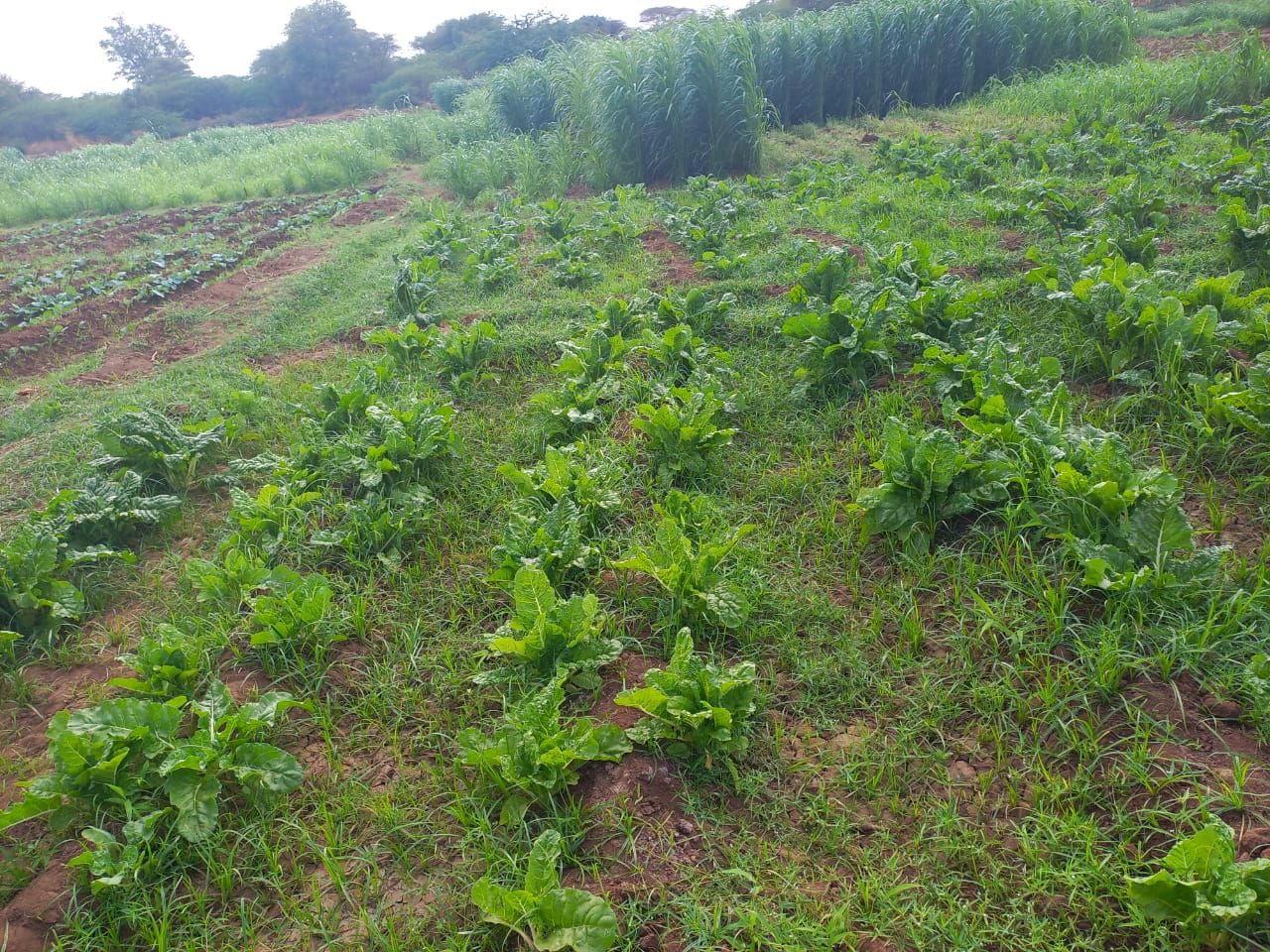
Fears and concerns among local stakeholders and farmers in Sankuri Ward, Garissa County, regarding a possible desert locust infestation, have been allayed.
Fears and concerns among local stakeholders and farmers in Sankuri Ward, Garissa County, regarding a possible desert locust infestation, have been allayed, according to Garissa County Director of Agriculture, Musyimi Kyalo. In a statement to Eastleigh Voice newspaper on Wednesday, Kyalo clarified that, based on available information, there have been no confirmed cases of desert locust infestation reported to the department.
Kyalo attributed the observed surge that has caused confusion to the activities of grasshoppers and other insects, reassuring residents that the emerging threat can be managed with existing insect pest control measures.
More To Read
- Garissa college leads fight against human trafficking with career outreach in County High School
- Relief for residents as Coast Development Authority rolls out water project in Garissa
- Quba Islamic Centre in Garissa shut over leadership wrangles, clan clashes
- Garissa residents set to benefit as Balambala Hospital goes digital
- Five-year interfaith programme boosts Muslim-Christian unity in Garissa
- Somali culture, wildlife and hospitality draw tourists to Garissa’s Bulla Adey village
“What's been largely observed within the last two weeks, and extensively in the county, are grasshoppers, which could be confused with the locust,” said Kyalo.
He emphasized that grasshoppers do not pose significant economic threats to the county, and consultations with community leaders and farmers in Sankuri Ward failed to substantiate the reported locust infestation.
Shueb Mohamed Adan, a farmer from Hudhud irrigation farm in Sankuri, echoed Kyalo's observations. "There is no locust infestation I have observed. What I have witnessed is an increase in grasshoppers everywhere," said Adan, who cultivates a variety of crops, including tomatoes, carrots, onions, spinach, bananas, and mangoes.
Kyalo said insights gained and the ongoing surveillance of desert locusts, along with other migratory pests, remain integral aspects of routine operations and are ready to mitigate the threat. The Emergency Locust Response Programme (ELRP) at both the county and national levels of government lead efforts aimed at mitigating and combating the spread of the Desert Locust.
He highlighted the collaborative efforts of the county government, national government, partners, and the local community in effectively controlling the last desert locust invasion.
However, Sahal Bare Sarane, the chairman of a local Community-Based Organization (CBO) Climate Resilience for Pastoral Communities, expressed concerns about the resurgence of locusts in Sankuri Ward. In an interview, he mentioned that their organization observed locusts in various parts of the ward, attributing the issue to migrating locusts from Somalia.
“The renewed presence is causing damage to trees and pastures in certain areas,” he cautioned.
He emphasized the importance of presenting evidence to relevant authorities and advocated for assistance to address the situation effectively.
The regional Desert Locust Control Organization for East Africa and the Crop Protection Services under the National Government Ministry of Agriculture have not issued early warnings regarding the migratory Desert Locust. Typically migrating from Northern Africa and the Middle East after a season of favorable weather conditions, there have been no alerts or notifications from these authorities.
Between 2019 and 2021, the region grappled with the onslaught of Desert Locust infestation, as extensive swarms posed a threat to regions including East Africa, and even extending to India and Pakistan through the Arabian Peninsula. In late 2019, while favorable weather and vegetation conditions provided relief for the most vulnerable livelihoods in the arid and semi-arid lands, creating an environment conducive to above-average production, they also fueled the worst desert locust upsurge in the region. This resulted in varying levels of infestation and destruction of crops and pastureland across countries in the East African region.
Top Stories Today


